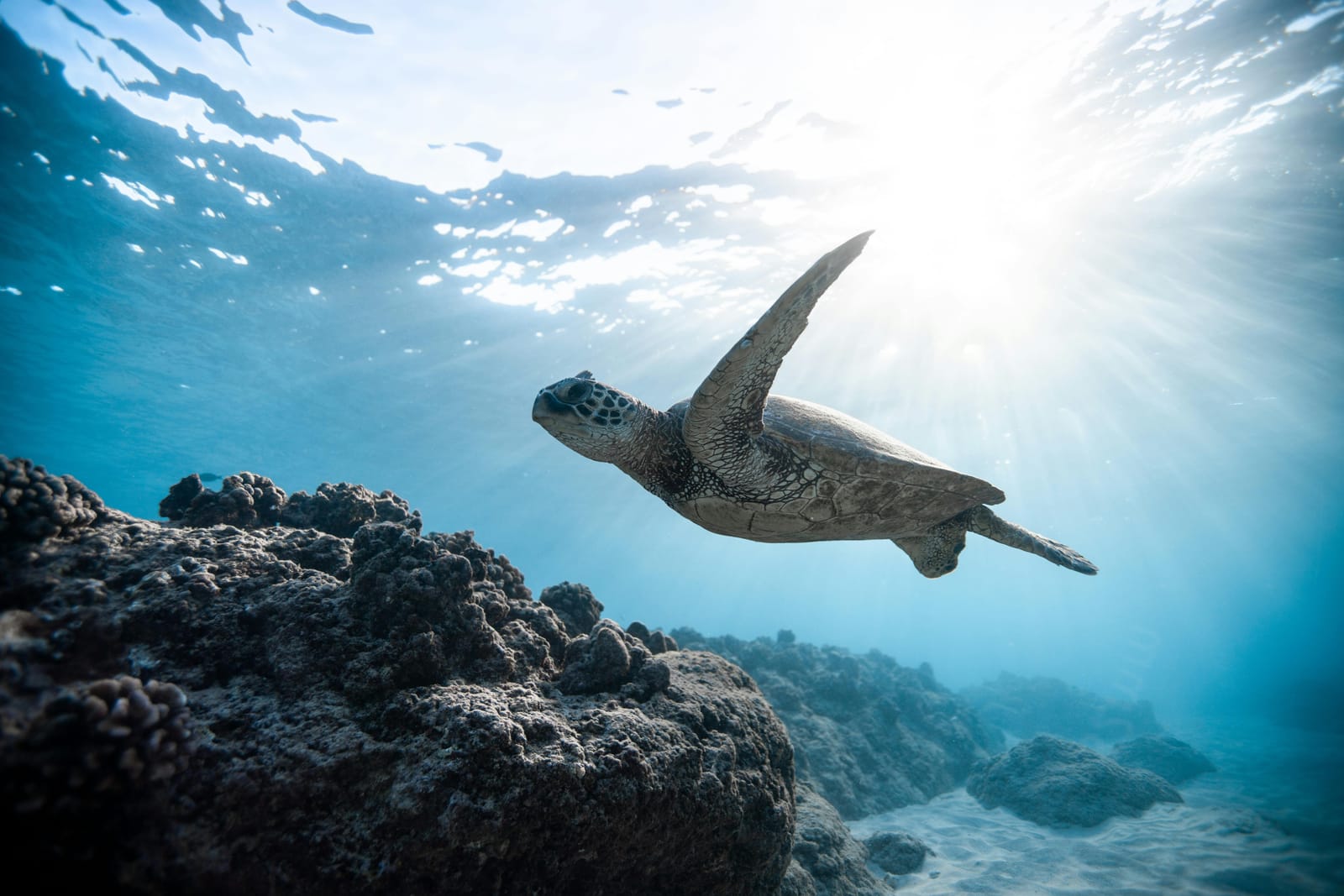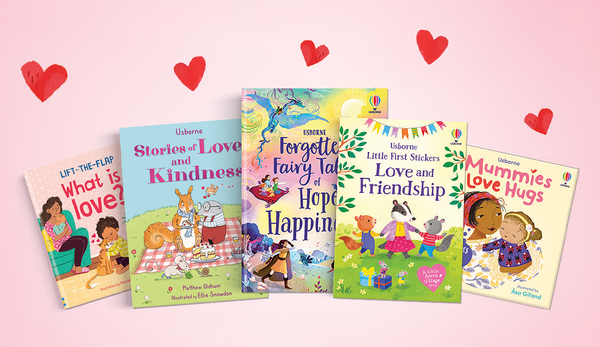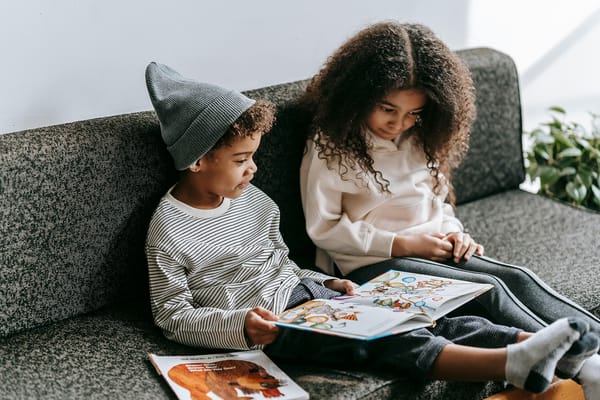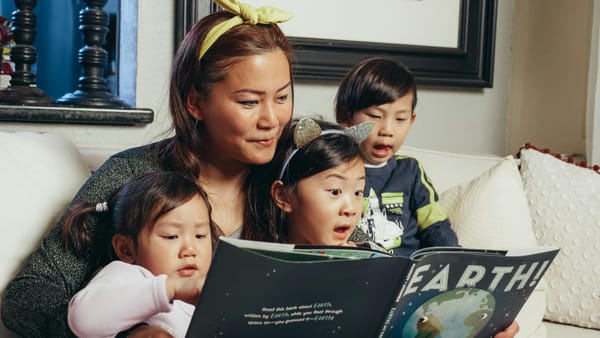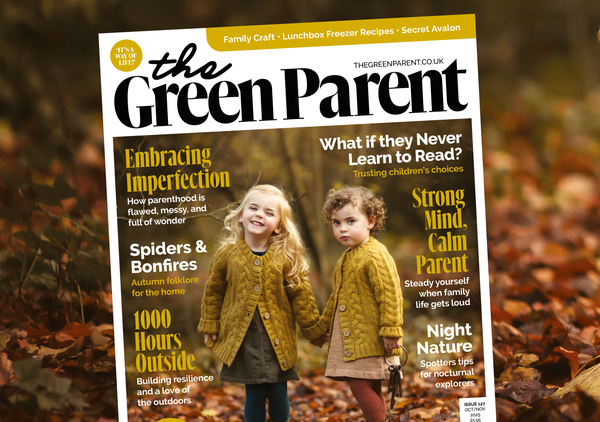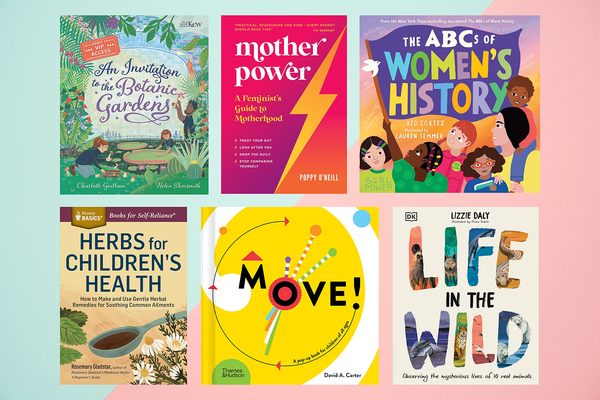The vastness and power of the ocean has been well documented but we know very little about what lives at its depths
Did you know that oceans cover nearly 71% of the Earth’s surface? This vast blue kingdom provides 99% of the Earth's living space - the largest space in our universe known to be inhabited by living organisms.
More than 90% of this habitat exists in the deep sea known as the abyss and less than 10% of this living space has been explored by humans. Forget space travel, we have an enormous, almost unfathomable, undiscovered world all around us.
There’s something so incredible about the oceans; something quite mindblowing about the vastness of them. Anyone who has swum out of their depth in the sea might well have encountered that feeling of awe mixed with a mild kind of panic – it is when bobbing in deep dark salty water that we come to know how minute we really are!
Perhaps the effect of the salty water encasing us reminds us of our time in the womb, and there is something hugely transformative and powerful about the oceans, with their tides governed by the moon and their vast unknowable depths.
Philosophers, poets, artists and boat-people have long mused on this great teeming life mass which has the power to give and take away life. Perhaps best likened to the Hindu goddess Kali, the oceans can be a place of restoration and relaxation, as in beach holidays and snorkelling trips, or of terror and destruction, with tsunamis and storms.
9 WAYS TO TAKE ACTION
World Oceans Day takes place annually on 8 June, and is a chance to celebrate and honour the oceans across the world. The Ocean Project and The World Ocean Network founded the day in 2002 as a way of promoting education and awareness.
GET INVOLVED - JOIN SURFERS AGAINST SEWAGE
In their latest campaign, SAS are working to raise awareness about plastic and to eliminate singleuse plastic bags. Find out how to support their work at sas.org.uk.
ORGANISE A BEACH CLEAN
Gather your local community together for a seasonal beach clean.
USE GREEN CLEANERS
Chemical based cleaning products can pollute the local water system and eventually end up in the ocean. Choose natural alternatives from your kitchen like vinegar, bicarbonate of soda and lemon juice.
USE LESS (OR NO) PLASTIC
Plastics that end up as ocean debris kill thousands of marine animals each year. Carry reusable bottles and cloth bags. Try a week or month long plastic-free challenge.
SWITCH UP FOOD STORAGE
Replace cling film with beeswax wraps or reusable containers.
SIMPLIFY THE BATHROOM
Choose bar soap, shampoo bars, and toothpaste tablets, instead of plastic bottled products. Avoid products with microbeads (check labels for “polyethylene” or “polypropylene”). Try bamboo toothbrushes instead of plastic ones.
WASH MINDFULLY
Synthetic fabrics (like polyester) shed microplastics in the wash, which end up in the ocean via water systems. Use a microplastic-catching laundry bag (e.g. Guppyfriend) or filter. Wash clothes less often, on colder, shorter cycles. Choose clothing made from natural fabrics like cotton or wool when possible.
AVOID OVER-PACKAGING
Choose loose fruit and veg instead of pre-packaged. Bring your own containers to refill shops if available. Buy in bulk or larger sizes to reduce total packaging waste.
RECYCLE WITH CARE
Contaminated or incorrectly sorted recycling often ends up in landfill or incinerators - not actually recycled. Get clear on what your local council accepts in recycling. Rinse out containers before recycling them. Avoid “wishcycling” (putting things in the bin hoping they’ll be recycled).
WAYS TO CELEBRATE OCEAN DAY WITH KIDS
Adopt a Sea Creature
Symbolically adopt a sea turtle or whale through organizations like WWF or Oceana. You get a certificate and can learn about "your" animal.
Make a Sea Pledge
Create a pledge at home to protect the ocean and pin it on the fridge - choose simple actions like using reusable bottles or picking up litter.
Host an Ocean-Themed Movie Night
Make some snacks (popcorn with seaweed?!) and choose a film or TV show such as My Octopus Teacher (with guidance for older kids), The Blue Planet (BBC clips) or Finding Nemo or Moana (fictional but ocean-celebratory).
Make a Poster
Grab some paper, pens and old magazines to make a poster collage. Everyone gets a chance to design a poster encouraging ocean protection. Add messages like “Say No to Plastic,” “Protect the Coral,” or “Keep It Blue.” Hang them in your window or display in school or at a community group.
BOOKS TO READ
The Storm Whale by Benji Davies
A beautifully illustrated story about a boy who finds a whale washed up on the beach. A quiet, touching tale of care and connection.
Ocean: A Children's Encyclopedia by Britta Teckentrup
This is the ultimate children's visual encyclopedia about the awe-inspiring blue planet. Explore every aspect of ocean life from animals and habitats to ocean exploration and climate change.
Earth’s Incredible Oceans by Jess French
An engaging and accessible nonfiction book packed with fascinating facts, species profiles, and stunning visuals.
This Book is Not Rubbish by Isabel Thomas
A fun and empowering guide to eco-action for kids, with sections about ocean pollution and what they can do to help.
The Lost Whale by Hannah Gold
A companion novel to The Last Bear, this time focused on the Pacific Ocean and a child’s bond with a humpback whale. Deeply moving and hopeful.
The Big Book of the Blue by Yuval Zommer
A large-format, visually rich non-fiction book with quirky facts and beautiful artwork covering all kinds of sea creatures. Fun and full of wonder.
Manfish: A Story of Jacques Cousteau by Jennifer Berne & Éric Puybaret
A poetic and inspiring biography of the legendary ocean explorer, ideal for sparking curiosity about the sea, diving, and marine life.


